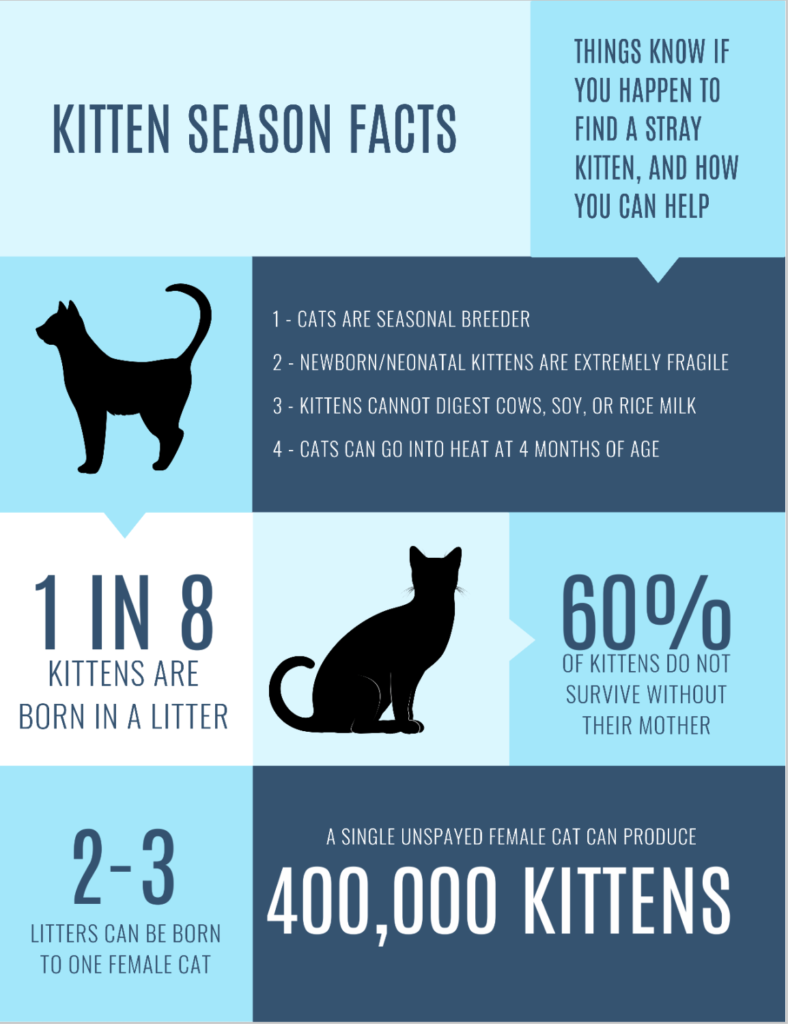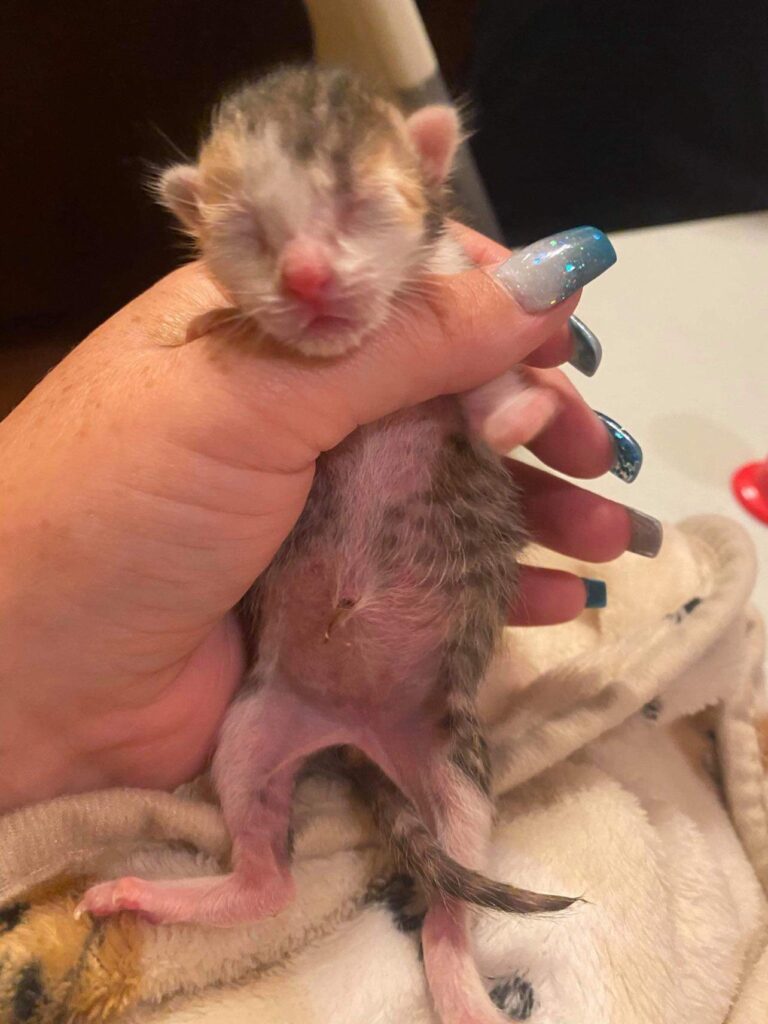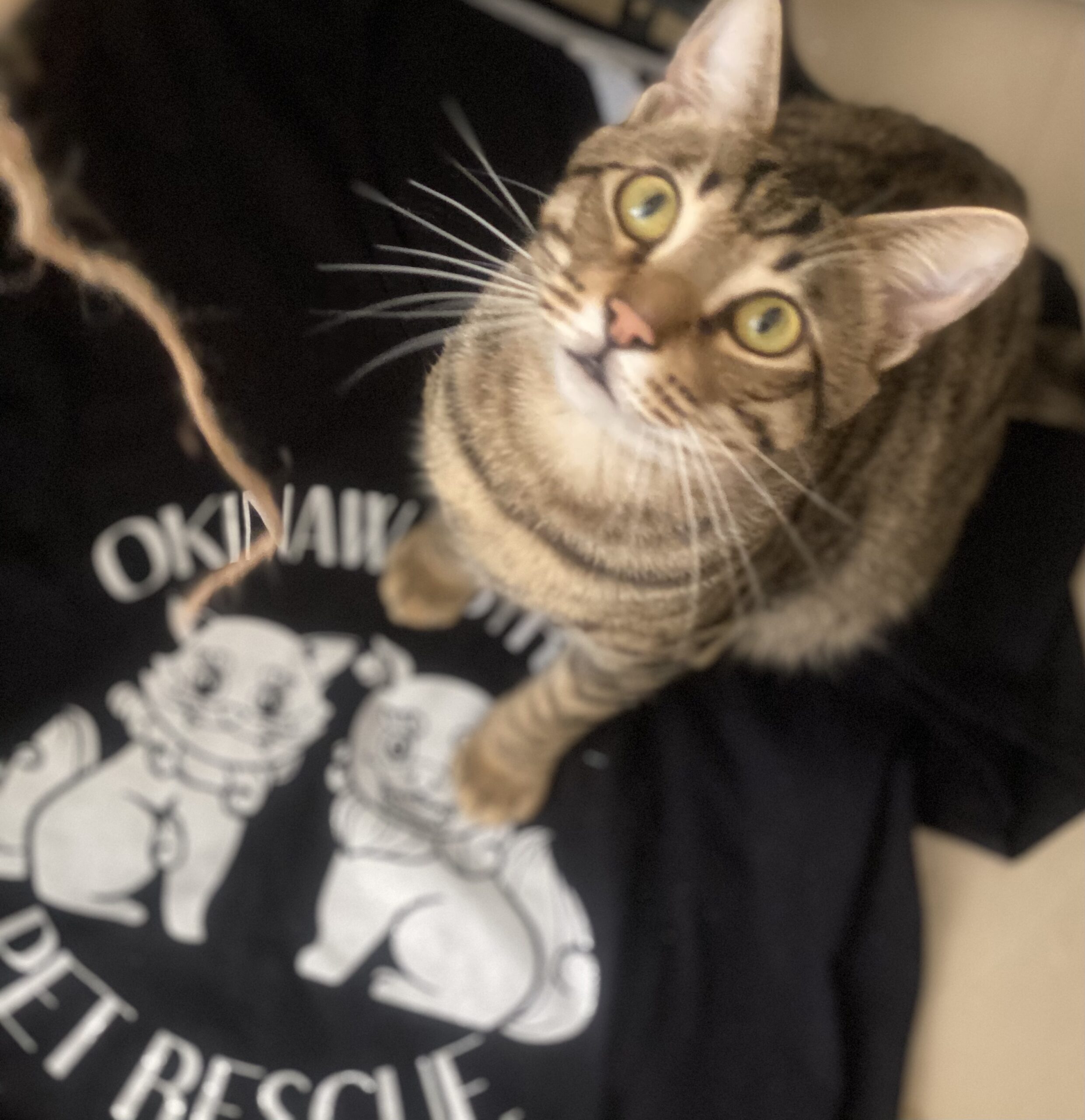
Kitten season is here in Okinawa, Japan and the local rescues are suddenly feeling the change of season. There are many common sites in Okinawa from gorgeous beaches, historical castles, but more prevalent, stray cats. Since the start of April, the numbers of strays dangerously spiked as female cats go into heat and quickly find themselves pregnant. Rescues on island attempt to manage the stray population by adamantly advising spaying and neutering pets, yet this year the rescues fear higher number, with many veterinary offices having to reduce the appointments for spay and neuters, due to COVID.
Okinawa Stray Pet Rescue (OSPR), the only United States based, 501(c)3 Non-profit on Okinawa, has taken an alternate approach this year by trying to get the organization and the volunteers ready for the coming influx of kittens and cats into the rescue. Due to the fact that the rescue does not have a physical location, OSPR depends greatly on fosters. Though, they attempted to post general facts about what to do if an individual finds a stray kitten, they also began offering training for bottle feeding kittens, appropriately socializing your cat, and general care of kittens.

A stray kitten reported on the military base. Photograph by Courtney Hickling. 
Sage, an OSPR rescue, found on the street and available for adoption. Photograph by Kaitlyn Funderburk.
Jolene Freeman, the OSPR Cat Director, revealed, “Kittens under 4 weeks old have reduced chances of surviving without their mother and tend to require 24/7 care in her absence. If at all possible, we encourage individuals who find kittens to leave them alone and wait to see if the mother returns.” It is shown that without the mother kittens only have a 40% survival rate. Emily Cheeseman, a foster for OSPR, shared that “I enjoyed being able to foster and help kittens through the foster program of the rescue. I remembered finding a kitten last year and not knowing what I could do to help. The rescue was quick to help me and allowed me to be the foster until a permanent loving home could be found for the kitten.”

Neonate kitten recently rescued by OSPR 
Mama Bootsie with her kittens, recently born in OSPR 
Litter of newborn kittens rescued by OSPR
Jolene continued to impart that, “As a rescue, we quickly fill up during this season and it is sad to realize that we won’t be able to save them. Yet, our number one initiative is to get information to the general public on the importance of spaying and neutering your pets and the importance of Trap, Neuter, Release programs offered here in Okinawa.”
Jolene has worked with OSPR as the Cat Director for the last 5 months, after moving over from Okinawan American Animal Rescue Society (OAARS), which closed down in 2020 due to financial issues causally related to the Pandemic. While at OAARS she worked as a Cat Director for almost 2 years and was happy to help re-vamp the the Cat Section of OSPR, which was losing their Director due to a pending permanent change of station. Prior to her husband receiving orders to Okinawa, she worked for Banfield Pet Hospital for over 5 years.
She took the time to share, “the organization gets contacted daily on potential rescues. Commonly, we receive 4-5 messages a day during kitten season requesting us to help out a cat or kitten. Though we want to help all of them, our organization is 100% volunteer based and we don’t have a facility. For every rescue that we intake we must have a foster set-in place, as well as we must have funding to pay for the vetting that must go into each cat.” In the United States, a typical vet visit can cost anywhere between $30 and $50. However, because a vast majority of these cats are being rescued from off the streets, this results in their vetting costs, at times, doubling a typical visit.
“Prior to COVID, we held multiple events throughout the year to help raise funds to pay for veterinarian visits yet post COVID we had to find alternative ways to get funding,” Jolene continued. Ms. Cheeseman shared, “one of the nice things about this rescue is that as a foster and even adopter, the rescue takes care of a lot of the veterinary requirements prior to adopting out the animal. As a foster, I am not required to pay for any medical costs, supplies like crates, food, or toys.”
The organization, starting in February of this year, held its first post-COVID adoption event on Kadena Air Base. At this event, OSPR sold merchandise, had “Name the kitten” game, and highlighted their rescues available for adoption. Ms. Cheeseman recounts the excitement of the first event, sharing, “I couldn’t help but smile as I got to see my Cheese, a newer foster who was rescued from Ozato, get to interact with people who could possibly take her home.” Ozato is the only animal shelter available on Okinawa, Japan. The shelter receives strays from individuals who surrender them and houses the animals for 3 days before being sent to the gas chamber. “I knew that she would get the chance to shine at an event. Cats just don’t seem to translate the same way in picture as they do in person. Cheese was a small, abused kitten that was scared to be touched, yet after a few months being treated as she always deserved, she is almost like a dog. She’s eager to come to you and to get loved on.”
“Adopting one of our animals is the number one-way people can help out OSPR. The money made from the adoption goes back into the organization and helps offset the cost for any veterinarian fees paid. It also opens up a spot for another rescue to be saved.” Jolene eagerly shared, “my favorite adoption is a foster fail”.
A foster fail is when the person who is fostering one of our rescues makes the decision to keep their animal and have it become a permanent member of their family. I’ve foster failed all 3 of my kittens” Foster failing seems to be a common occurrence within the rescue as Emily Cheeseman admits that even she has foster failed with OSPR. “My first time rescuing an animal that needed me and me providing this rescue a loving home and teaching him what love is. I could never have imagined him leaving me.”
Stray cats aren’t only an issue in Okinawa. It is present in the United States as well and there is something that we can all do to help. If you own a pet, get your pet spayed or neutered. Don’t own a pet of your own, take the time to volunteer and help rescue the life of an animal in need. For more information on what you can do, visit your local SPCA.
Tags: kitten season, OSPR, SPCA, stray


Leave a Reply